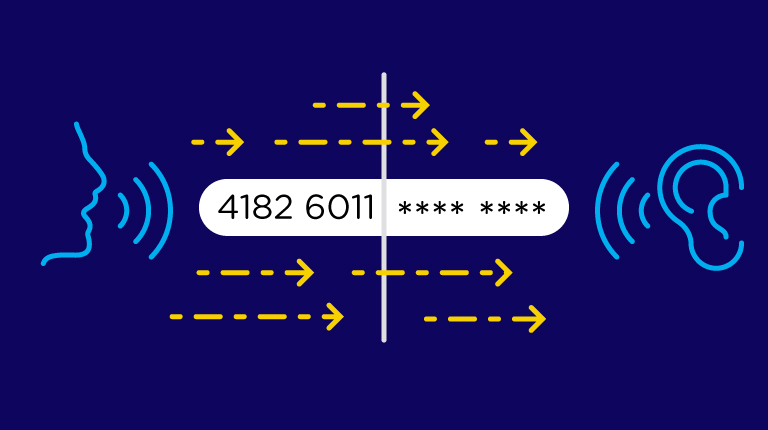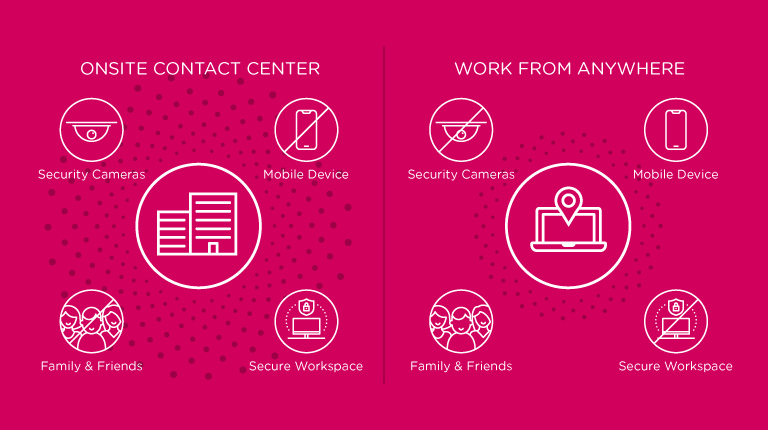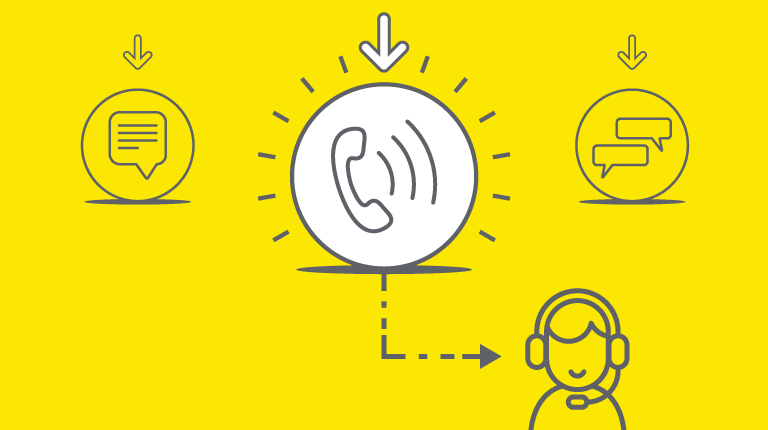Over the last three years, Covid has transformed the contact-center industry into a work-from-anywhere (WFA) world. Millions of agents now work outside the traditional walls of a care center.
It’s a win for business cost efficiencies and worker flexibility. But it opens a can of worms for meeting compliance requirements and it impacts millions of care agents supporting hundreds of thousands of businesses.
At Interactions, we’ve thought about this issue since Covid turned the traditional call-center model upside down.
Now we’re thrilled to share that in the next 48 hours, we will share an incredible solution for the most vexing issue in the WFA world: protecting customers’ personal information.
There’s nothing like this solution in the industry.
It works in real time to redact sensitive information.
It protects your customer, your care agent and your business.
Best of all, we’re already providing this protection millions of times per year.
Here are the four reasons you will want to make this your #1 compliance investment in 2023.
It confronts data security risks in WFA contact-center ecosystems like nothing else
Contact-center agents have access to a wealth of private information such as names, phone numbers, social security numbers, credit card payments, and personal health information. In fact, 72% of agents who collect credit/debit card information or social security numbers over the phone require the customer to read the number aloud.
That translates to more than 3.3M agents handling PCI (Payment Card Industry) data.
The overwhelming majority of contact center employees would likely never sell customer data. But all it takes is one to set off a catastrophic scandal that costs your business millions of dollars. 44% of all data breaches include PII (Personal Identifiable Information) and on average, it costs $4.9M per breach involving remote working and personal information.
Can you afford that?
That alone should be the only reason to invest in your contact center security. But here are 4 other reasons:
It eliminates concerns about the clean-desk policy and PCI compliance when agents work outside a call center’s walls
Clean desk and other policies aren’t foolproof, and they’re even more difficult to enforce remotely. Instead, invest in a technology that removes the customer’s personal information out of the conversation. This assures security and compliance, while avoiding any impact on the quality of the agent-customer conversation.
It improves privacy and satisfaction for end customers
Customers are more likely to provide credit card information and other personal information over the phone when they feel confident a secure technology will redact their sensitive information during the conversation.
Today’s current workarounds for covering personal information are clunky and inefficient by moving customers from voice to form fill via text or DTMF. This increases both time and effort for the customer and agent, provides a poor experience, and is more costly for the business.
It improves analytics
AI technology can automate the collection of personal information so you can feed transcriptions to your analytics engine for Call Analytics, QA, Insight, and other areas relevant to your business.
There is much more to share! Watch this space because on Thursday, November 10, 2022, we announce the #1 tool for ensuring compliance for customer-care centers.




